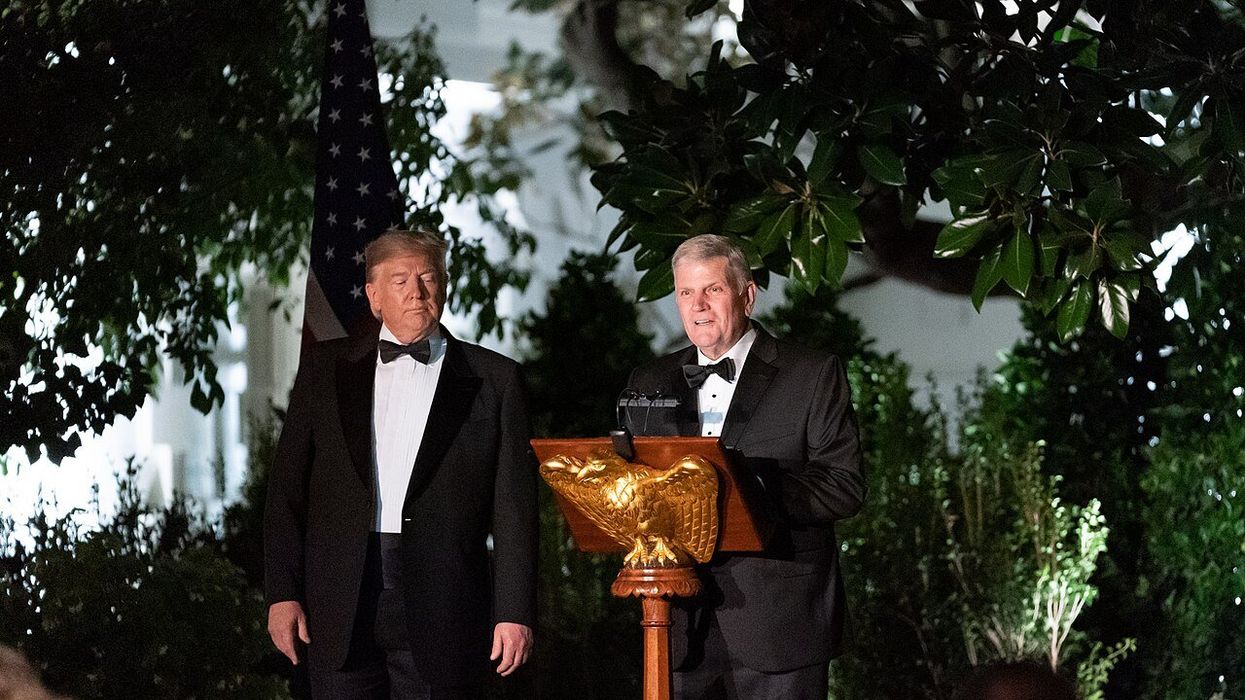'Deception and hatred': How political extremism made evangelicals 'angry and antagonistic'


When the religious right became a prominent part of the Republican Party in the early 1980s, both liberals and conservatives sounded the alarm.
Television producer Norman Lear, who died on December 5 away at the age of 101, founded People for the American Way to combat the religious right. Conservative Sen. Barry Goldwater (R-Arizona) was a scathing critic of Jerry Falwell Sr., the Moral Majority and Pat Robertson and warned that no good could come of the GOP's alliance with far-right white evangelicals.
But the GOP's alliance with white Christian fundamentalists continues after more than 40 years — an alliance that journalist Tim Alberta is vehemently critical of in his new book "The Kingdom, the Power, and the Glory: American Evangelicals in an Age of Extremism."
POLL: Should Trump be allowed to hold office again?
Alberta discussed the book during an interview with Religion News' Karen Swallow Prior published in Q&A form on December 11.
"In the vast majority of cases — whether it's Ralph Reed or Robert Jeffress or even Greg Locke — I have walked away from long, searching interviews convinced they've made a decision, a business decision, to indulge a lot of foolishness," Alberta told Religion News. "Why? Because in their view, the ends justify the means: Trafficking in deception and hatred is a small price to pay for a seat at the table, for a culture war victory, for a reclamation of our nation's Christian heritage."
Alberta continued, "The problem is: scripture describes those ends as unimportant — while telling us, repeatedly, that the means are crucially important. In other words: How we play the game matters more than whether we win or lose. That's a message that rank-and-file evangelicals need to hear, but many of the people they look to for influence have real incentive to tell them otherwise."
Alberta, known for his work for The Atlantic, laments that right-wing media have "conditioned many evangelicals to be angry, fearful, antagonistic" and embrace "political extremism."
READ MORE: Christian nationalism is 'a political identity more than a religious one': expert
Alberta told Religion News, "The church's great weakness at an institutional level — and to be clear, this is common among all institutions — is an unwillingness, and perhaps more commonly an inability, to police itself. We have seen this time and again."
Read Religion News' full interview with Tim Alberta at this link.